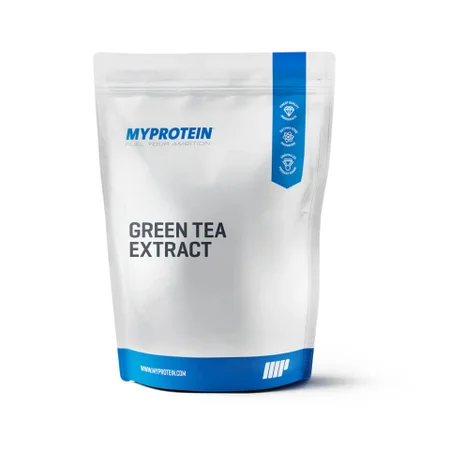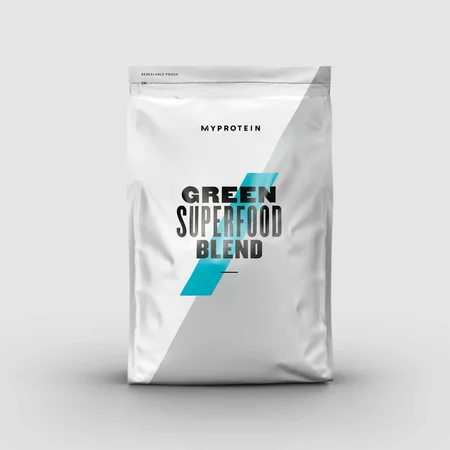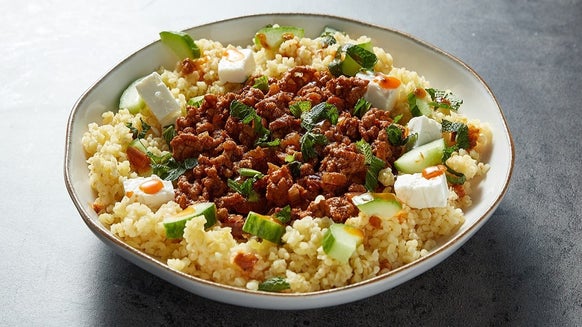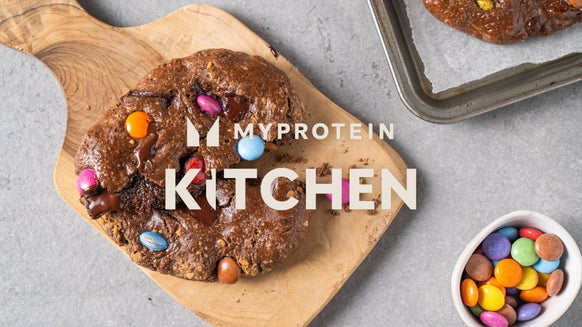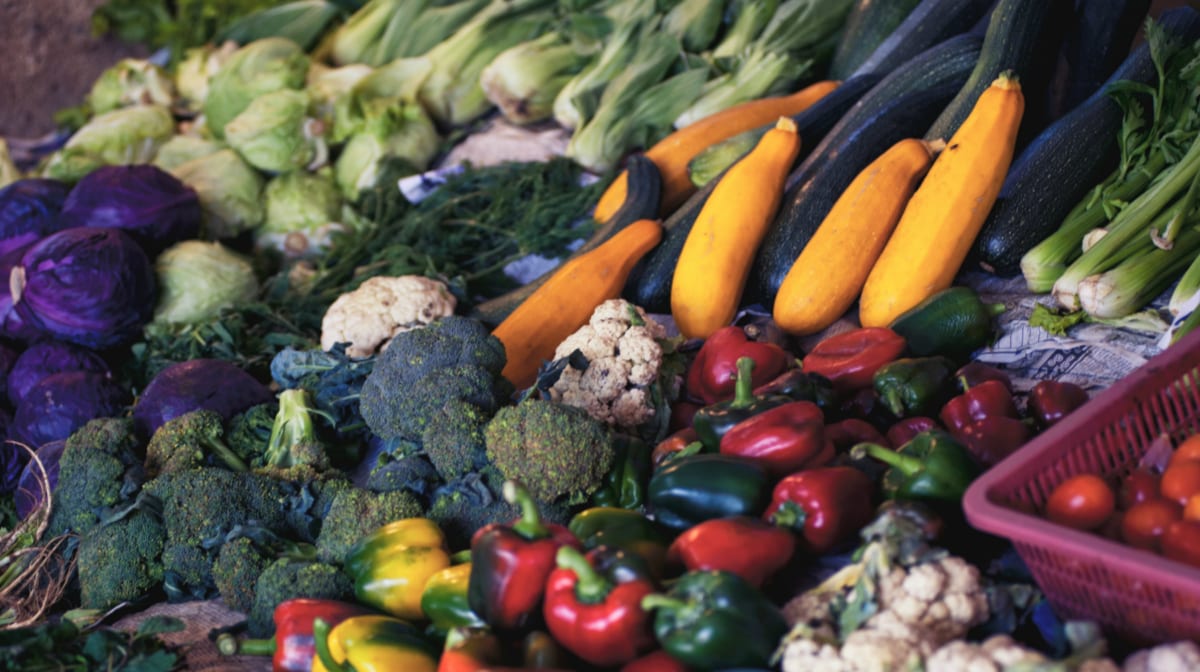
It seems like every week a new diet is coming into the limelight to grace us with previously known wisdom on how to finally lose those few pounds that simply will not come off.
From the paleo diet to the gluten-free diet to the slow-carb diet, dietitians continue to come up with new weight loss plans that claim to help you shift those pounds or give your body a thorough detox.
However, they can't all work for everyone. Some people respond better to restriction-based diets (whether that is restricted portions or food groups) whereas others find an 'all-you-can-eat' of only healthy foods works best for them.
It can be hard to stick to a rigid diet for more than a month, especially if it doesn't include foods you love or doesn't naturally fit with your daily routine. However, the G plan diet might be the weight loss plan for you! First released in book-form last year, this diet plan aims to help you lose weight, detoxify your body, and more importantly keep the weight off once you've lost it.
Want to find out whether this diet might be for you? Just keep reading.
What Exactly Is The G Plan Diet?
As the name of the diet suggests, the main premise of this diet is to fix your gut biome (the G in the title stand for 'gut').
Essentially, fixing a gut biome (also sometimes called the microbiome) simply means increasing the amount of good bacteria in our intestines which can decrease inflammation that causes bloating, irritable bowel syndrome, and other issues.
In this 21 day diet, there are three different phases which contain unique dietary guidelines and restrictions.
The Rest Phase
The first phase is known as the “rest phase”, lasts the first 5 days, and is supposed to detoxify your gut, kick-start your weight loss and reduce bloating.
This part of the diet is quite restrictive and can be hard to adhere to as a result. For example, you cannot consume the following:
- Gluten
- Processed foods
- Refined sugars
- Dairy
- Alcohol
- Any carbonated drinks
- Nightshade foods (such as tomatoes, potatoes, and peppers)
This phase also restricts the consumption of caffeine to one or two cups of green tea. As you can already tell, this is a good chunk of foods that most of us eat on a daily basis. If you can commit to these restrictions there is a good chance you will lose weight.
It is recommended you begin each day with a cup of hot water with a slice of lemon and ginger - a combo that is well known for helping to detox your body and improve your digestive function.
You are also encouraged to eat foods that are high in probiotics such as garlic, bananas, asparagus, fermented vegetables, avocados and more. While this diet is quite restrictive, it does encourage you to experiment with different recipes to create meals you would enjoy.
The Re-Wild Phase
The next phase is the “re-wild” phase that is meant to add more foods into the diet after your gut has effectively been detoxified and lasts from day 6 to day 14.
Foods that you can now eat include fermented products like miso, kombucha, kefir, pickles, and yogurt, as well as reintroducing beans, eggs, tomatoes and other vegetables that were previously off limits.
By this point, you are supposed to have more energy, a flatter stomach, and a slimmer waist, as experienced by the co-writer of the book. However, it has to be said that any weight loss you would experience in five days would more than likely come from reducing water retention and moving along anything that was stuck in your GI tract.
Unfortunately, it is highly unlikely that you would experience any real fat loss in such a short period of time. Although quite drastic, this diet would help you cut out the really bad foods from your diet, which is always a good thing.
The Re-Balance Phase
The third and final phase is called the “re-balance”, which consists of days 15-21.
This final phase is meant to bring back some of the foods you cut out at the beginning of the diet such as a diary, coffee, alcohol and nightshade veggies, but not processed foods and refined sugars for obvious reasons.
This is where I have mixed thoughts about the G plan. While this diet promotes eating healthier, detoxifying foods, the foods it cuts out of your diet can all be part of a healthy diet in moderation.
Also, one potential danger of this diet is that you don't track your caloric intake, so it could be quite easy to eat in a surplus and not lose any weight over the 21 day period.
Take Home Message
Like most fad diets that have done their rounds, the G plan diet will likely have its spotlight moment and then move over for the new diet craze that comes about. While trying out the G plan does help you learn how to cut out junk food from your diet, it is by no means the only diet plan out there that can help you to detox your body or lose weight.
If you're looking to detox your body and GI tract, then the G plan could be a good option for you to try. But if you're wanting to make a serious lifestyle change, lose weight and keep it off long-term, I'd say it would be better to do some research and design a diet plan that allows you to eat all the foods you like while maintaining a calorie deficit.
It might not have a fancy name or sound too intriguing, but creating your own diet plan that incorporates all your favorite foods is most likely going to be the diet you will actually stick to. As long as you can eat in a daily calorie deficit, while still getting an adequate amount of macro and micronutrients, you will lose weight and stay/become healthy.
At the end of the day, these fad diets will always be around, and of course feel free to try them out to see if they work for you as you might learn a thing or two from them. However, a simple balanced diet and a calorie deficit remain the best way to lose weight healthily in the long-term.


